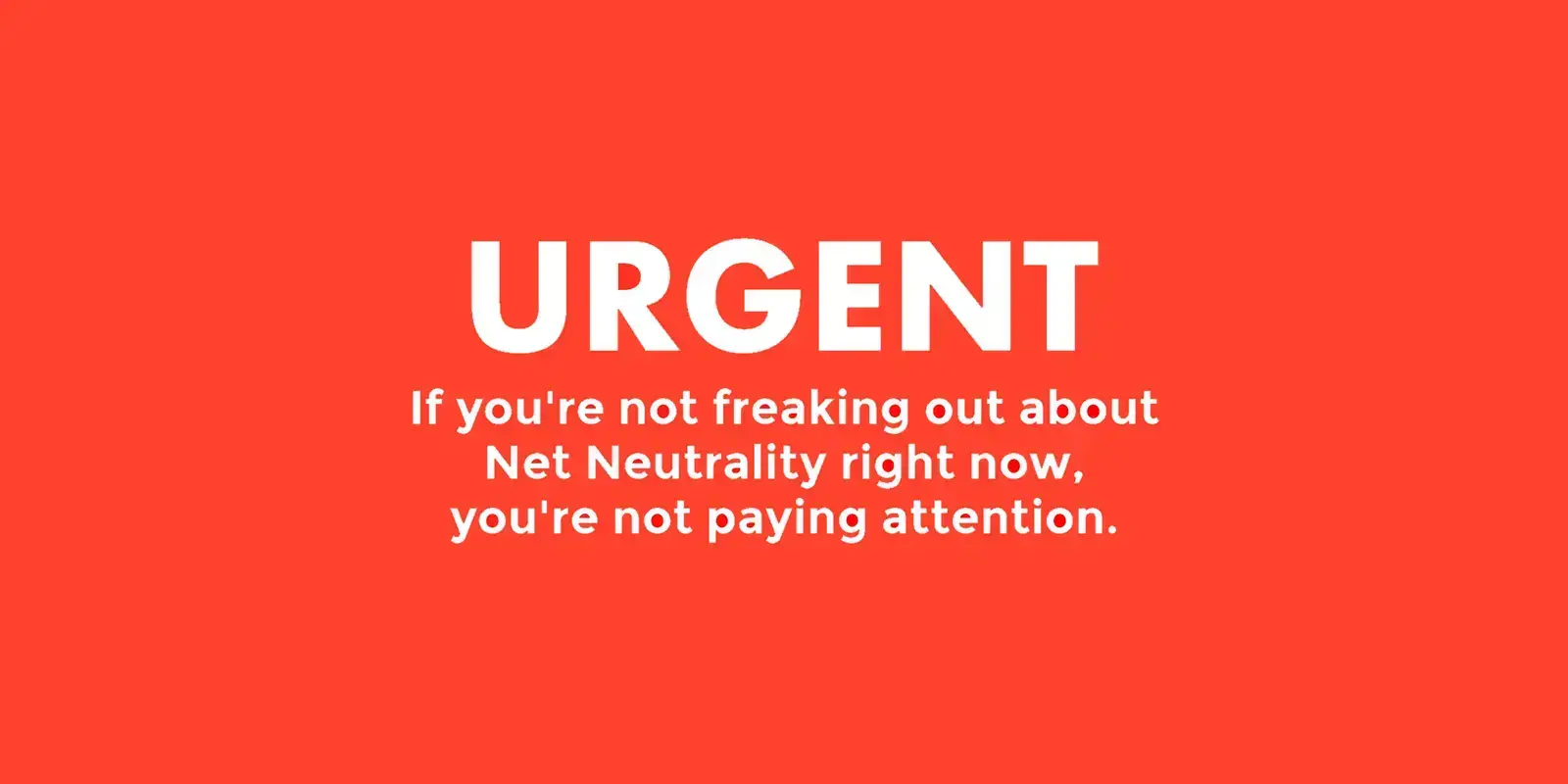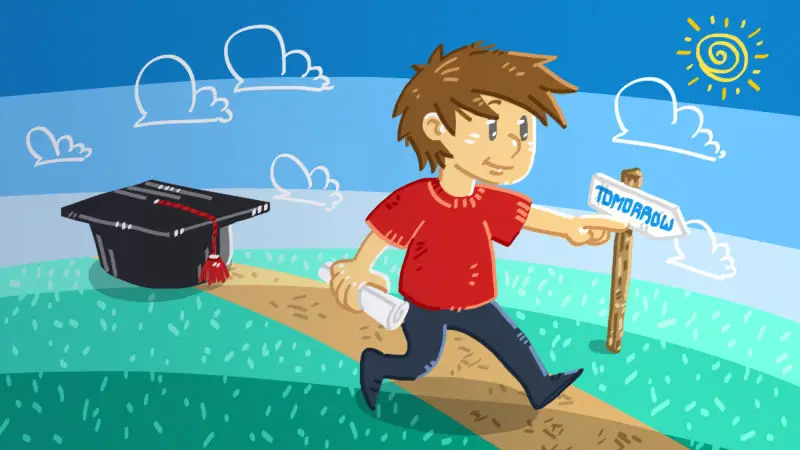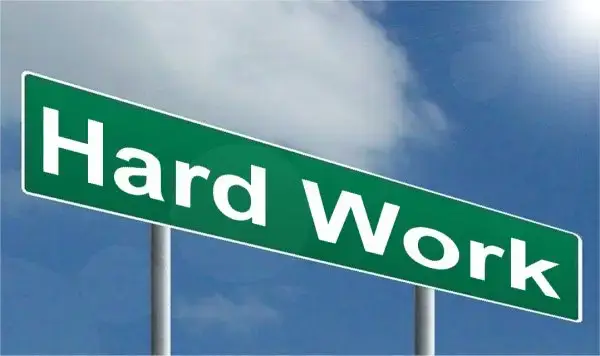Stop reading. You haven’t paid for the “news package.”
If FCC chairman Ajit Pai has his way, you won’t be able to read this article, or those on many other news sites without paying extra for your internet.
He aims to repeal Net Neutrality (NN), the principle that Internet service providers must treat all data on the Internet the same.
On December 14, the FCC will vote on a proposed repeal of the previously-recognized Title II enforcement of the Internet.
What does this mean for you? Current legislation under Title II states that the internet is classified as a service, similar to telephone and mail. This legislation is important because it means that internet service providers (i.e. Comcast, Verizon, etc.) have to provide all websites and customers with the same amount of service.
This means that internet service providers can’t block websites that they don’t agree with and can’t slow down or speed up websites based on how much money the provider is making from that site.
If Net Neutrality dies, so does free speech on the internet.
But according to Pai, repealing NN isn’t all bad. The government has had too heavy of a hand in the internet and stifled the advancement of technologies by broadband companies. Current regulations require the government get certain access to Internet service providers (ISPs).
In an interview with news site Quartz, economist Michael Katz argues that removing NN allows companies to benefit from “paid prioritization.”
“The logic of net neutrality would also argue for banning e-commerce sites from purchasing faster delivery from FedEX or UPS, or from offering free shipping,” says Katz.
This in turn means lower income households will have access to cheaper internet as the money from bigger companies would be passed along down to consumers and totally not into the pockets of investors.
“Right now we don’t see companies like Microsoft, Google and Amazon coming to AT&T begging for prioritization,” said economist Nicholas Economides.
Instead, we’ll see AT&T demanding compensation.
What we’ll see is the creation of “speed lanes;” a slow one and a fast one. If you don’t pay up, your traffic won’t be getting anywhere fast.
This is true not only for businesses, where the need for fast and reliable broadband is the make or break for many startups and small businesses (the kind that bring true innovation), but also for the consumer.
But wait, the penny pinching doesn’t stop there. Add an extra $8 per month for your social media services, $10 for your streaming services, $5 for your news…. you get the point.
The broadband providers can argue that they won’t censor the one truly free space the people have, but these are those same people that say they’re going to show up between 9 a.m. and 4 p.m. only to come knocking on your door at 5 o’clock when your family is having dinner.
The American people can still take action. Visit BattleForTheNet.com. Call your congressmen. Let them know Net Neutrality is your free speech, and it’s a fight worth fighting.




